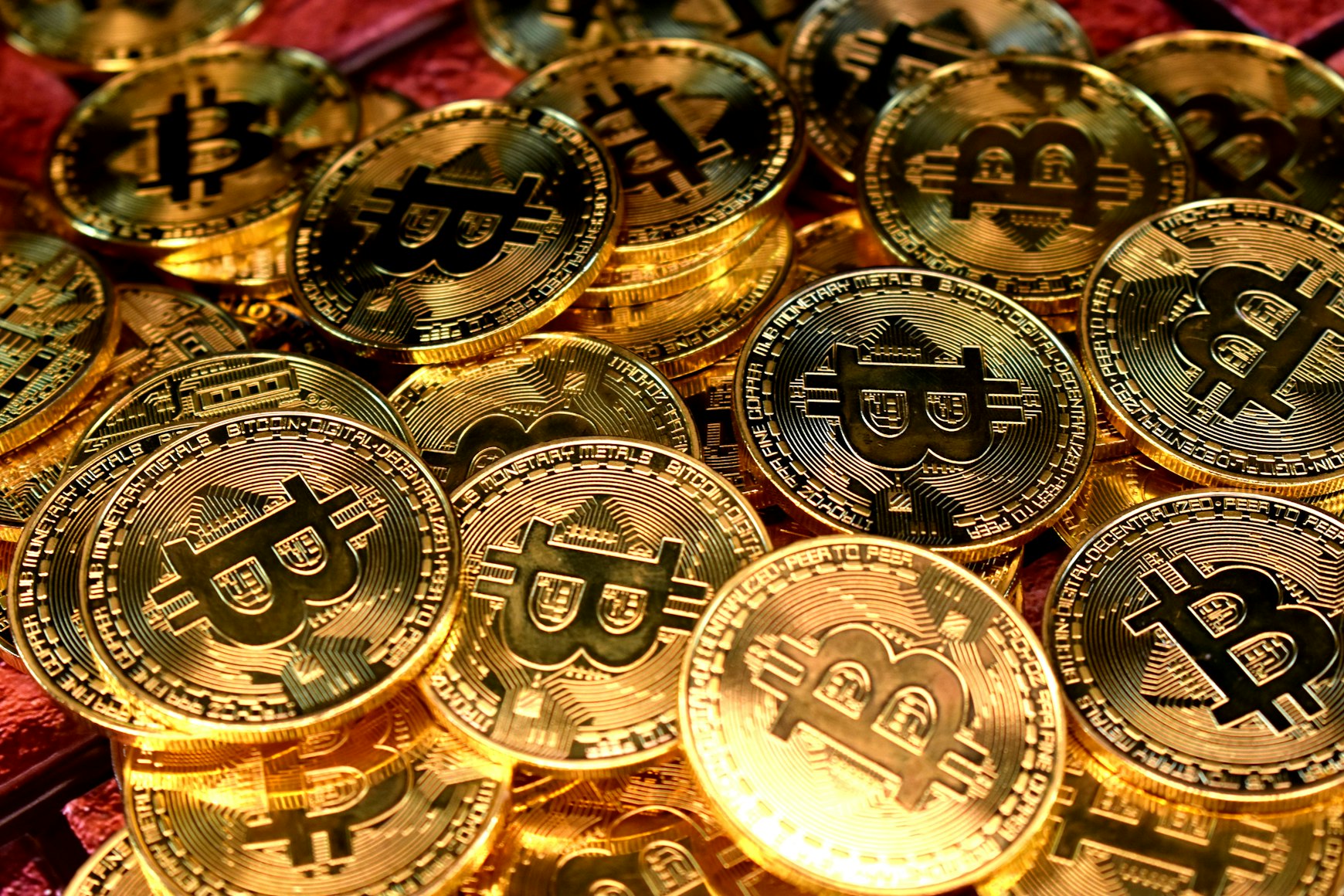Are you interested in knowing the fundamental value of Bitcoin? If yes, here’s what makes Bitcoin valuable in the contemporary world.
Perhaps, you’ve heard or read somewhere that Bitcoin’s price could hit the $100,000 mark this year. Such a statement is not mere extrapolations by individuals with vested interests in cryptocurrencies. Bitcoin’s price has increased in the past, and most experts predict that this will be the trend until miners generate all the 21 million tokens. Thus, Bitcoin will mostly exceed its previous high.
Anyone that wants to understand Bitcoin’s price movements must conduct a technical analysis or charting. Thus, they have to consider graphs and analyze their patterns. However, even Bitcoin enthusiasts have difficulties explaining the fundamental value of this cryptocurrency.
Bitcoin doesn’t have final consumptive demand, cash flow, or any basis of traditional asset valuation. Demand and supply set the market price of most commodities in the market. Sellers and buyers may not mean much, but these factors indicate that some people need it and can pay to acquire it. But why do people demand, buy, supply, or sell Bitcoin?
Bitcoin is Digital Money
There’s no doubt that the world is going digital. People do many things online, from searching for information and products to buy to selling services and items. It’s, therefore, not surprising that developers are creating and agitating for digital money.
Bitcoin is not the only digital money in the world today. China, for example, has created digital Yuan that people can acquire and sell on its official app. At the same time, El Salvador has embraced Bitcoin as a legal tender. That means El Salvadorians can use this cryptocurrency alongside the dollar.
The world is getting more digitized. Bitcoin is, perhaps, the first most successful digital currency. However, its value is volatile, though people still use it to transact. Ideally, people can pay for services and goods using Bitcoin. They can also trade this cryptocurrency.
Maybe what differentiates Bitcoin from traditional money is the intention of acquiring it. In most cases, people earn fiat money for purchasing services and goods. Thus, they need fiat money for transactional purposes. On the other hand, people need Bitcoin for more than transacting.
Today, somebody can buy Bitcoins and keep them in their wallet, waiting for their prices to rise and sell them for profits. Thus, Bitcoin is also a tradable digital asset and an investment. Perhaps, the increasing Bitcoin trading volumes in crypto exchanges explain this better.
Bitcoin Benefits
Bitcoin is valuable in many ways, meaning it benefits its users. For instance, this digital currency provides an almost costless value exchange. Today, you can transfer value from one continent to another using Bitcoin at a low price. What’s more, you can send value anonymously using this cryptocurrency. For getting more information about Bitcoin and its trading, you can visit any trusted platform like https://quantum-ai-trading.com/.
Bitcoin doesn’t rely on the conventional banking system or leave any paper trail. And you can use it with your smartphone as long as you have internet access. That means even people without bank accounts can use Bitcoin for transactional purposes. Ideally, you don’t have to use gold or barter trade if you don’t want to engage in in-person transactions that involve fiat money. Instead, you can use Bitcoin to transfer value to anyone you want.
Final Thoughts
The value of fiat money is their acceptance as exchange units, and the trust people have in them. In the past, money had value because humans made it with silver and gold, precious metals. However, this isn’t the case with most fiat currencies today. Their value solely depends on the trust people have in them. Bitcoin and other digital currencies are private, without corresponding returns or assets. And this makes determining their fundamental value difficult, hence their high volatility. Nevertheless, people still use Bitcoin because they consider it a valuable asset and an exchange medium.















